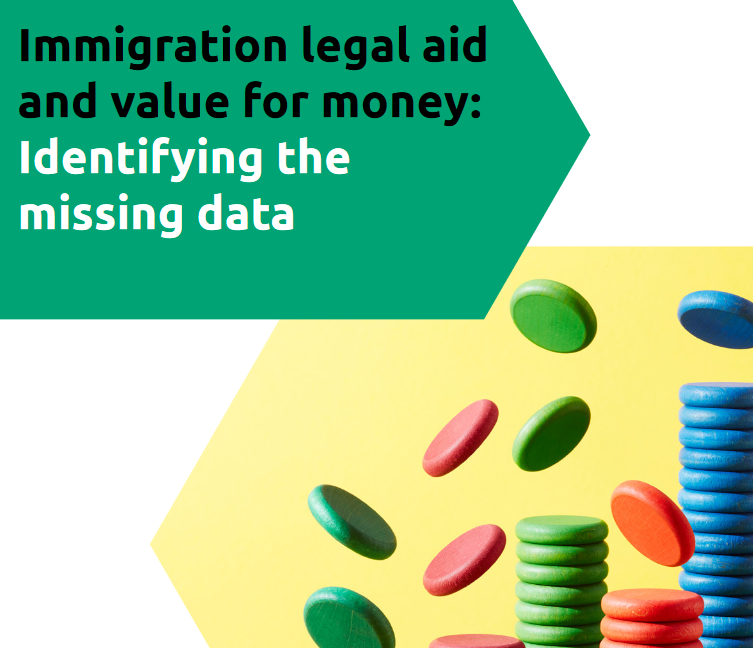A new report by the Public Law Project says that ‘embarrassing’ data gaps make it impossible to say if legal aid cuts saved money – but available evidence suggests that they did not.
The report, published in concert with the University of Exeter and Migrants Organise, analyses the impact of cuts to legal aid funding under the Legal Aid, Sentencing and Punishment of Offenders Act 2012. The report argues that the purported savings from the austerity-era legislation actually just led to redistribution of costs.
The report focussed on immigration legal aid, and identified several increased expenditures as a result of the legal aid cuts. Unrepresented litigants place greater strain on court resources; extended stays in temporary accommodation strain local authority resources; and there are increased costs to the NHS as unsupported individuals are both more likely to become unwell, and more difficult to discharge once recovered.
Much of the data necessary to confirm whether legal aid cuts actually saved money is not recorded. The report identified eight key statistics across government – such as details on the number of immigration cases delayed due to lack of representation – which were necessary to identify the financial impact of legal aid.
However, data presently available indicates that no savings were made. For example, immigration legal aid now comes disproportionately through the Exceptional Case Funding scheme. 87% of applications to this scheme were granted, at a cost to the taxpayer six times higher than standard legal aid applications.




